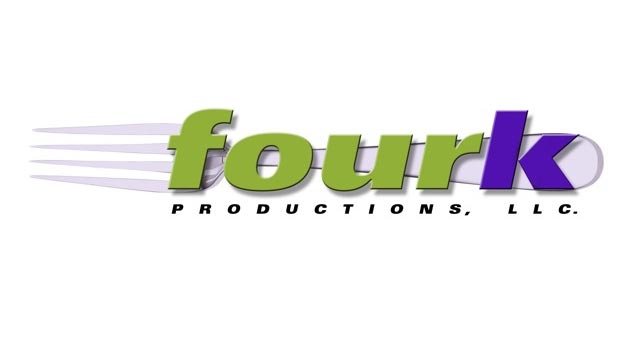How the Post Industry Veteran Is Kickstarting the Market for 4K Content
A pilot for MIX, a mixology-themed series with a twist, was just completed by Four K Productions in Los Angeles. The twist — as you might guess from the production name — is that the show was produced in 4K. Founded by 25-year post veteran Kevin Williamson, previously an in-house movie trailer editor at companies including Creative Domain, Digital Kitchen, Kaleidoscope, and Craig Murray Productions, Four K has named marketing pros Dean Blagg and Martin Gueulette as creative consultants, and Blagg's Tao Post Studios is providing post-production services to the start-up. With extensive experience in the worlds of movie trailers, TV promos, and motion graphics, Williamson, Blagg, and Gueulette all believe in the value of 4K programming, especially when it comes to the television manufacturers who will need to provide 4K content to consumers who purchase new UHDTVs. We asked him Five Questions about specializing in 4K content in 2013.

Still from MIX, produced in 4K by Four K Productions
Why is now the right time for you to launch Four K Productions?
Right now all the TV manufacturers are starting to sell 4K monitors and televisions, but the main problem with this new format is the lack of content. We saw this as an opportunity to put our post-production expertise to work, mastering this new format and the workflow that goes with it.
What camera(s) do you use for 4K acquisition, and how complex is post workflow?
We have been using the Caon EOS-1D C, which shoots at full 4K resolution. From there, we found it necessary to convert all the Motion JPEG footage to a more manageable file size for editing. Then the editing is the same as any ordinary show. Once the pieces are cut, we can then replace the smaller files with the original 4K files for delivery.
How much more expensive is it to produce in 4K?
Right now the extra expense of 4K is mostly equipment rental and media storage. The raw 4K files are massive—60 GB of storage per 10 minutes of footage. 4K cameras are much more expensive than standard HD cameras, and then there is the extra hardware necessary to run the files out of our computers to the 4K monitors. We also paid a premium for a highly skilled production crew, including DP, camera operator, and lighting technicians. We had to come up with a post-production workflow, and that required quite a few equipment upgrades. Setting up a system just to watch our dailies in full resolution took us over a week to perfect.
Are you looking for outside investors?
Currently, we have a number of investors for individual productions, such as MIX, but we are open to outside investors and partners, either financial or strategic, as the business continues to grow.
How do you see 4K content being distributed in the long term? Will traditional broadcasters upgrade, or are we looking at a shift to Internet/OTT transmission for high-res content?
In the short run, it seems that 4K will be distributed by Internet/OTT transmission as greater and greater compression is applied to the 4K files, and as Internet speeds get faster. In the long run, however, the traditional broadcasters will eventually upgrade their systems, most likely with sporting events leading the way. We started producing 4K early in order to be leaders in 4K and beyond.
Did you enjoy this article? Sign up to receive the StudioDaily Fix eletter containing the latest stories, including news, videos, interviews, reviews and more.

Leave a Reply